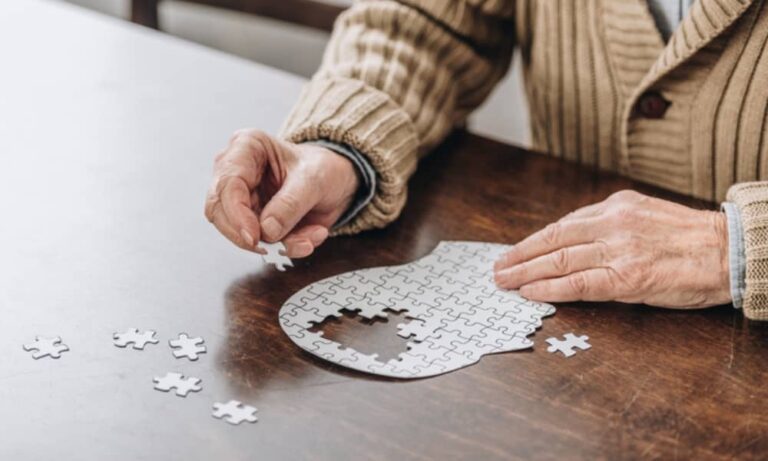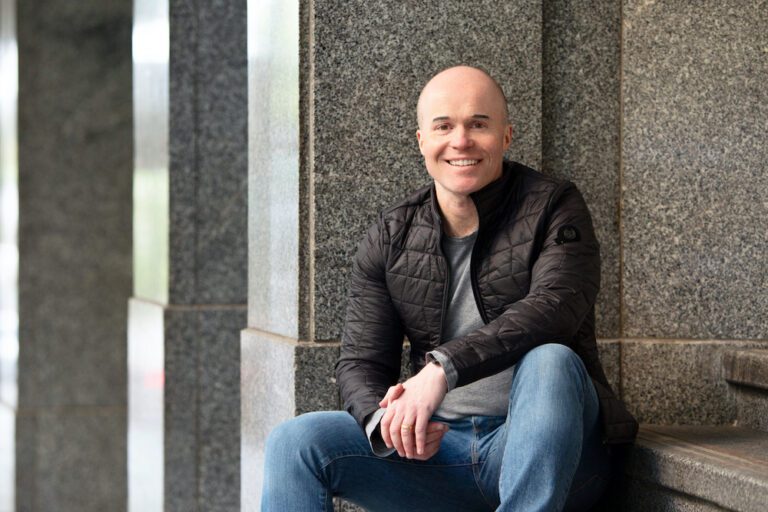As the need for organ transplants continues to rise, some countries are making controversial changes to their organ donor system to cope with demand.
The discussion of organ donation can be an uncomfortable one to have. Apart from the fact that you are acknowledging your own death and deciding what happens to your body afterward, it can also bring up many sensitive issues like what and who will your organs and tissues be used for, and does organ donation conflict with your religious beliefs.
However, the issue of organ donation continues to be a pressing and important one due to the increase in longevity, and increase in rates of type 2 diabetes, obesity and liver disease which contribute both to increased demand for transplants and a reduction in the number of usable organs. While the annual number of deceased organ donors in New Zealand has doubled over the last five years, from 36 in 2013 to 73 in 2017, there are currently more than 550 people waiting for a life-saving transplant.
Organs that can be transplanted include the heart, lungs, liver, kidneys, intestine and pancreas. Tissues that can be transplanted include heart valves and other heart tissue, bone, tendons, ligaments, skin and parts of the eye such as the cornea and or sclera. People in end-stage liver, heart or lung failure will die unless they have a transplant, while people with kidney failure can usually be placed on dialysis until a kidney becomes available.
While 48% of drivers are listed as donor on their license in NZ, only 1-2% of all people who die can be considered for organ donation because of various restrictions. Donors must die in a hospital where their body can be medically supported until the organs can be donated and there are preservation time limits between the time of procurement and transplantation. A far greater number of people have the opportunity to donate tissues for transplantation, as people can become eye and tissue donors up to 24 hours after death, regardless of where death occurs. Family refusal is also a major barrier to donation.
Drastic measures
To cope with the increasing need of organ donations, some countries around the world are changing laws and moving from an ‘opt-in’ organ donor register – such as is the case with New Zealand – to an ‘opt-out’ / presumed consent system. In some countries families also no longer have the legal power to block the use of a deceased relative’s organs for transplant.
This year Iceland joined a host of countries that have changed their laws to presume consent, including Wales, Scotland, France, Sweden, Luxembourg, Bulgaria, Spain, Austria, Belgium, Netherlands and Singapore. However, not everyone is in favour of the changing laws. Transplant Australia chief executive Chris Thomas said: “compulsorily acquiring” ran the risk of “turning what is one of the most altruistic acts into a system of mistrust and misunderstanding”. Research published by Simon Bramhall in The Royal Collage of Surgeons of England journal also raised the concern that the introduction of presumed consent might damage the relationship of trust between clinicians caring for patients at the end of life and their families.
While laws regarding organ donation don’t look to be changing in New Zealand any time soon, as Kiwis are still dying every year waiting for an organ transplant, as uncomfortable as the discussion of may be, it’s important. And if you are willing to become an organ donor you do need to register on your driving license and also let your friends and family know of your decision.







